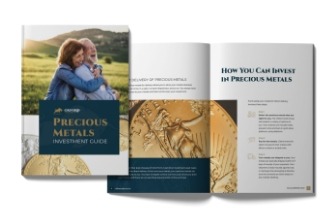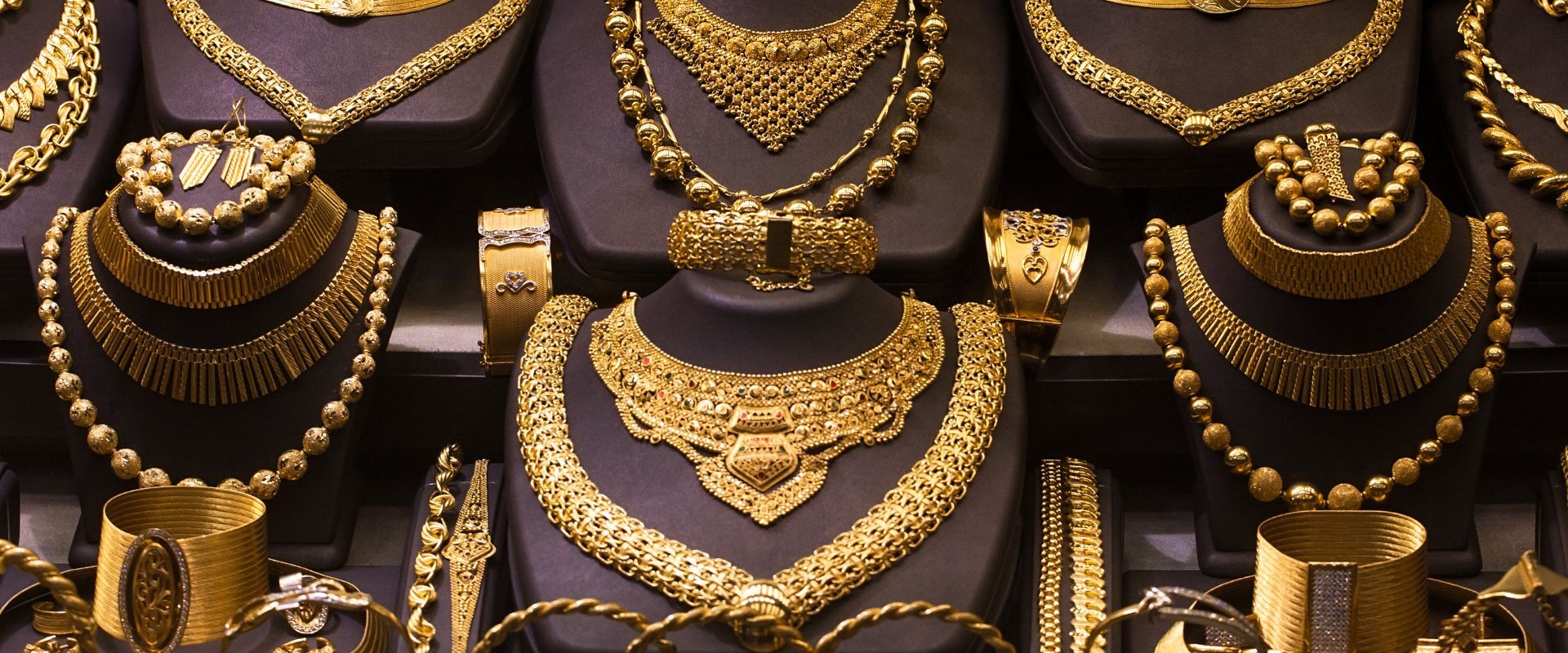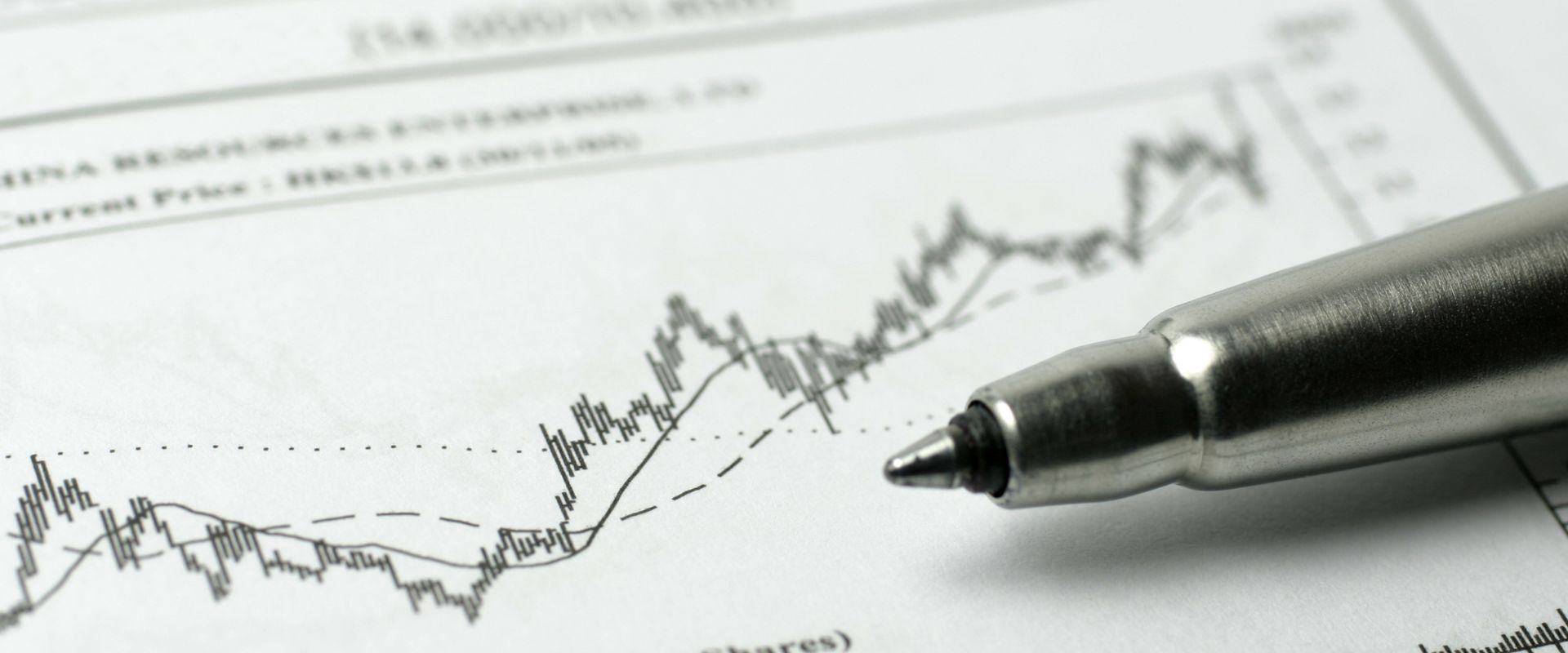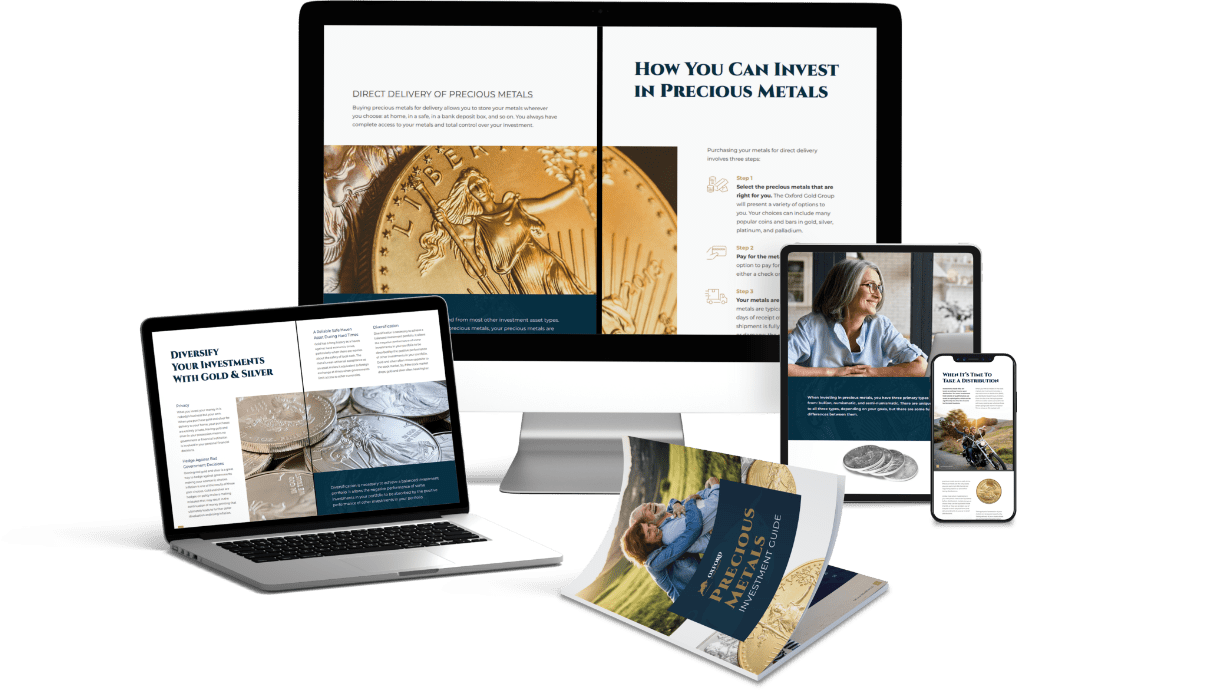Recent data from the World Gold Council revealed that overall gold purchases in Kuwait increased by 300 kilograms between July and September during the first three quarters of this year. During those nine months, buyers in Kuwait invested around one billion dollars in gold purchases, acquiring approximately 14.5 tons of gold at an average price of $1.941.95 per ounce. This reflects a clear increase from the 14.2 tons acquired during the same period last year.
Given the recent surges in gold prices amid rising Middle East tensions, it’s no surprise that Kuwait buyers are flocking toward the safe-haven asset at increased rates.
When viewing the data more closely, gold sales actually increased by 600 kilograms during the period, though the sales were offset by a decline of 300 kilograms in jewelry sales. Bullion purchases primarily led the market, with investors using the safe-haven asset to cushion their finances. Because of this, the period’s total came to a net increase of 300 kilograms, primarily from bullion and coin purchases.
From January to September of this year, jewelry purchases in Kuwait accounted for 10.6 tons, displaying a 300-kilogram decline when compared to the 10.9-ton purchase level during the same period in 2022. At the same time, gold bullion purchases offered an 18.2% surge in Kuwait gold acquisitions during 2023’s first three quarters, bringing total bullion purchases to 600 kilograms. The period’s total bullion purchase amount increased by 3.3 tons when compared to 2022, with 2023’s three-quarter total sitting at 3.9 tons.
When looking at the data per quarter, we see that gold purchases in Kuwait increased the most between April and June of this year, with the volume reaching 5.5 tons. The next largest purchase quarter was from July to September, with a purchase total of 4.9 tons, then the first quarter at 4.1 tons.
The crafts sector in Kuwait, encompassing hand-made artisanal goods, forged the gold-purchasing spree this year, achieving the largest volume of purchases between April and June at 4.2 tons. The sector started the year off slower, with a 3-ton total during the first quarter, then completed the third quarter with 3.4 tons.
Bullion purchases in Kuwait grew throughout the year, with each quarter showing larger volumes than the last. Bullion purchases in the first quarter came to 1.1 tons, then grew to 1.3 tons during the April-to-June period, and then spiked to 1.5 tons by the third quarter. The growth of bullion purchases makes sense, given the steady rise in gold prices over the same time period.
At the beginning of 2023, gold futures were trading at about $1,846 per ounce. As of November 29, gold futures have reached a yearly high of $2,064.70 per ounce, representing an 11.58% year-to-date gain, on par with the average annual return for gold over the last 20 years.
So why is gold performing so well right now?
Quite a few factors are driving gold performance rates as we progress into the fourth quarter of the year. The primary influence pushing gold prices right now is the Israel-Hamas war, increasing safe-haven demand for gold. As fears of a widespread war worsen, more investors, especially those close to the conflict in Kuwait, are opting for a secure asset that can maintain its value when all else fails.
“More than anything, it’s uncertainty [driving the price up],” Sandra Close, a gold industry consultant at Surbiton Associates, explained when reasoning gold’s recent performance levels. “The sad and difficult situation in the Middle East at the moment … and the uncertainty of that is really, I think, moving the market at the moment.”
Kuwait sits only a few borders away from Israel and has already felt the ramifications of the war. In mid-October, Kuwait opened a humanitarian air bridge into the Gaza Strip to aid Palestinians after rejecting to aid Israel just a couple of weeks prior. The initiative is meant to “mitigate the misery” of Palestinians in the Gaza Strip and victims of “zionist transgressions,” according to Khaled Al-Zaid of the Kuwait Red Crescent Society.
While Kuwait has no diplomatic relations with Israel, the nation’s involvement on Palestine’s side creates tension and fear that further complications could arise in the future. Such fears only spike more safe-haven demand for gold, hence the increased purchase rates. It wouldn’t be surprising if Kuwait’s fourth-quarter data shows another increase in bullion purchase levels as well.
As always, investors should consult their financial advisors before making any portfolio decisions.








